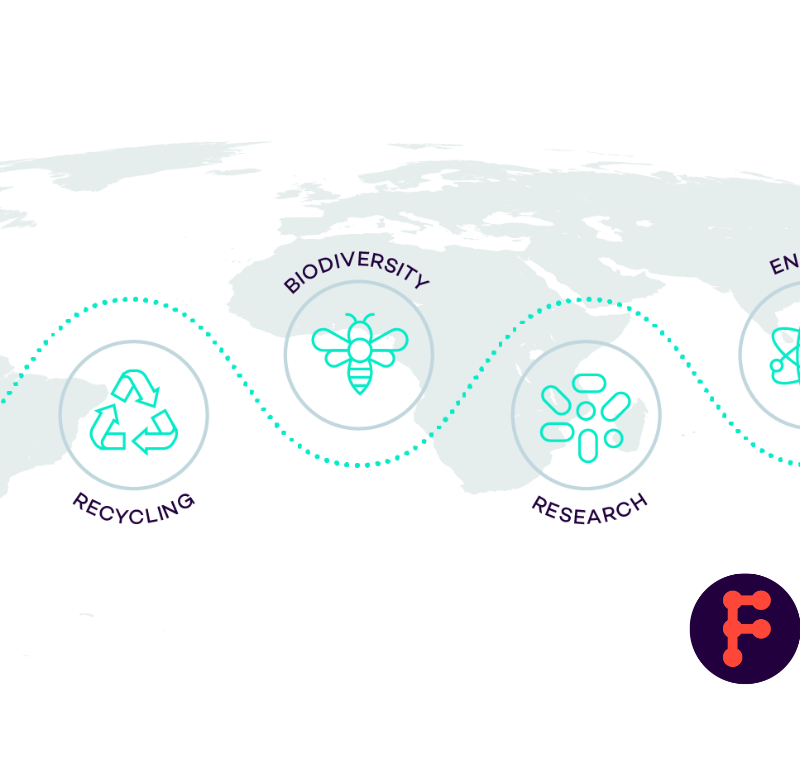Programmatic advertising ‘myths’ debunked at FIPP Asia Pacific conference
Kerwin used BBC Good Food as an example, which he said is the biggest magazine brand by reach in the UK market, with 15 million unique users online. “We started trading programmatically in June this year, and it had delivered more than 50 per cent of our digital revenues by October,” he said. “Almost half of that revenue is from non-core clients, who are paying full rates. All of this revenue is incremental to our business and our digital ad sales team have already beaten their budget by 20 per cent.
Clearly, using programmatic advertising is working for BBC Worldwide, and Kerwin outlined the benefits:
- Buy audiences at scale across websites
- Cuts down waste – they know where their ads are running
- Delivers cost efficiencies and benefits
- Fewer people involved = smaller margins
- Access to thousands of buyers
- Improved yield management
- Unlocks potential of big data
“Programmatic is growing at more than four times the market average and in 2014, it is expected to account for more than 90 per cent of the market.” As a result of this, Kerwin said that BBC Worldwide expects not to sell directly at all within the next couple of years.
Xu Weiming, vice president of digital media development division, IDG, China, said that programmatic is a relatively new concept in the country. “This new bidding system helps us optimise the potential and maximise margins,” he said. “IDG Tech in the US is already using programmatic and the concept getting more popular in China.”
Derek Kwok, head of greater China programmatic buyer relations at Google spoke about the company’s involvement with programmatic, saying that it “enables companies to use the right media in the right context and deliver to the right audience. It’s a great way to use unsold inventory.”









